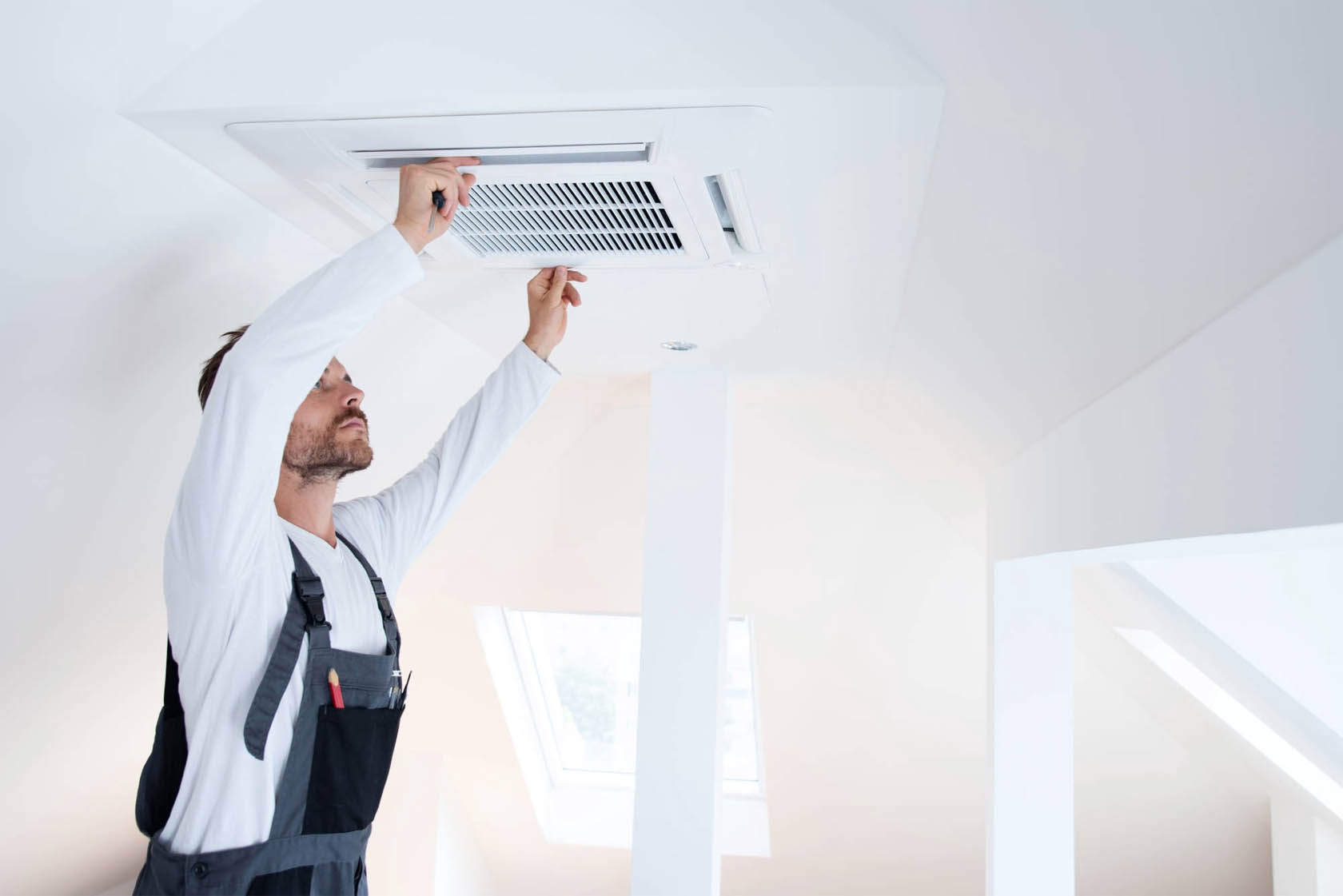In this modern age, where a lot of time is spent inside, the importance of clean air cannot be overstated. Allergens and pollutants can easily accumulate in indoor spaces, aggravating allergies and respiratory issues for many individuals. One of the best methods to combat these airborne irritants is through the use of an HVAC system. Understanding how to leverage your climate control system can lead to a significant improvement in the quality of the air inside your home.
This article will explore useful techniques to reduce allergens using the HVAC system in your home. Whether you're a homeowner looking to enhance comfort or someone keen on understanding the basics of HVAC, you'll find insights into maintaining your system, picking effective air filters, and maximizing airflow to create a better indoor environment. Let’s dive into how the HVAC system can function not just to heat and cool your home, but also to ensure the air you breathe is purified and free of allergens.
Understanding Heating, Ventilation, and Air Conditioning
HVAC refers to Heating, Ventilation, and Air Conditioning, which are vital elements of contemporary internal climate control. It operates to provide comfortable living and professional settings by controlling climate, moisture, and air quality. An HVAC system can be unified or independent, with various designs crafted to suit diverse types of buildings and personal needs. Grasping how these mechanisms perform is essential for property owners and companies alike.
The thermal part of an HVAC setup often includes furnaces, pump heaters, and boilers, that operate to create heat during frigid periods. These units employ various energy sources, such as electricity, gas, or fuels, to generate heat and deliver it across the environment via pipes or heaters. Alternatively, air conditioning units are responsible for chilling indoor atmosphere in sweltering periods, using refrigerants to take in and transfer heat outdoors.
Ventilation is another essential component of HVAC setups, as it ensures fresh air exchange and preserve indoor air quality. This function involves both natural and forced methods to provide outdoor air and remove stale air. Proper ventilation doesn't just reduces allergens and pollutants but also prevents issues like mold growth and excessive humidity, making it integral to a beneficial indoor atmosphere.
Heating, Ventilation, and Air Conditioning Maintenance and Performance
Routine maintenance is essential to keep your HVAC system functioning effectively. you could try these out entails replacing air filters frequently, ideally every one to three months, according to usage and the kind of filter you have. A fresh filter facilitates improved airflow, which aids your system work less hard to maintain a comfortable temperature in your house. Additionally, arranging regular certified inspections can assist detect potential issues before they develop into costly repairs, ensuring that your system operates at peak efficiency year-round.
Adequate ventilation also has a crucial role in maintaining HVAC efficiency. Ensuring vents and ducts unobstructed by blockages enables air to flow freely throughout your home. It is vital to check and maintain your air ducts periodically, as dust and debris can gather over time, leading to reduced airflow and escalated energy costs. By ensuring that your HVAC system has the necessary airflow it needs, you can enhance its efficiency and extend its lifespan.
Putting effort in regular maintenance not only boosts the efficiency of your HVAC system but can also lead to considerable savings on your energy bills. When your system is working well, it uses less energy to heat or cool your home. Adaptive thermostats can support this by optimizing temperature settings based on your habits and preferences, further lowering energy consumption. Maintaining your HVAC system with a focus on efficiency can foster a more comfortable living environment while maintaining your costs in check.
Enhancing Indoor Air Quality
Improving indoor air quality is essential for ensuring a healthy living environment, and your HVAC unit plays a key role in this process. A efficient HVAC system helps eliminate out pollutants such as particles, plant spores, pet dander, and additional allergens that can lead to allergies and respiratory issues. Routine servicing, including replacing filters and maintaining ducts, guarantees that your unit operates efficiently and properly promotes pure air circulation in your home.
A significant component of enhancing indoor air quality is adequate ventilation. Utilizing ventilation methods can help remove stale air and bring in fresh outdoor air. Contemporary HVAC units often come fitted with ventilation features that instinctively adjust airflow based on indoor air quality readings. This not only helps reduce indoor pollutants but also lowers humidity levels, which can prevent the formation of fungus and mildew.

Finally, picking the appropriate air filters is crucial for capturing harmful allergens. https://blogfreely.net/pastepatch9/a-importance-of-heating-ventilation-and-air-conditioning-in-commercial -Efficiency Particulate Air (HEPA) filters are engineered to trap tiny particles, making them ideal for those reactive to allergens. Switching to these advanced filters can notably improve your home's indoor air quality, helping you breathe easier and creating a more wholesome living space for you and your family.
